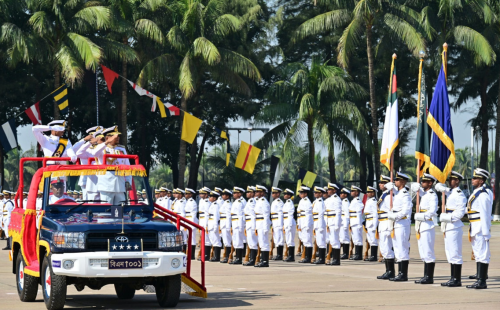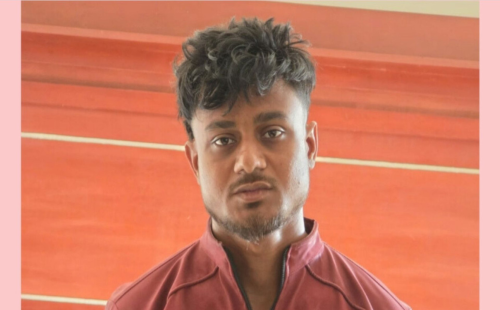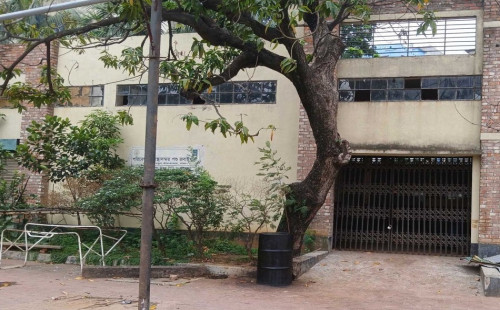Big stride towards judicial autonomy

In a landmark verdict, the High Court yesterday ruled that the
Supreme Court, not the president, will have the authority over the transfer,
posting, and discipline of lower court judges.
It also
ordered the government to establish a separate judicial secretariat within
three months of receiving the judgment.
The bench of Justice Ahmed Sohel and Justice Debashish Roy
Chowdhury delivered the judgment on a writ petition filed by several lawyers.
It also scrapped article 116 of the constitution, which had vested these powers
in the president, as well as provisions of the fourth and 15th amendments that
upheld presidential control.
The court
ruling restores the original 1972 provision of article 116, which empowers the
Supreme Court to oversee the posting, promotion and leave of judges in the
lower judiciary.
It also
declared the Bangladesh Judicial Service (Disciplinary) Rules, 2017
unconstitutional, ruling that they wrongly placed lower court judges under
presidential authority in consultation with the Supreme Court.
Article
116 says, "The control (including the power of posting, promotion and
grant of leave) and discipline of persons employed in the judicial service and
magistrates exercising judicial functions shall vest in the President and shall
be exercised by him in consultation with the Supreme Court."
The High
Court noted that while article 109 of the constitution vests the Supreme
Court's High Court Division with authority to supervise subordinate courts, in
practice, this power rests with the president.
The
president, who formally acts on the advice of the prime minister, appoints both
the prime minister and the chief justice. This arrangement, the court said,
entrenches executive influence over the judiciary.
The bench
said that the president's "consultation" with the Supreme Court in
matters concerning lower court judges becomes meaningless if the executive does
not cooperate.
The HC
judges said that article 22 of the constitution explicitly says that the
judiciary must be separated from the executive. Any form of executive control
over judges of the lower judiciary undermines the balance of power.
The bench
also criticised the judicial service (disciplinary) rules, which designate the
law ministry as the "appropriate authority" over lower court judges.
This, the HC said, places judicial officers under executive control in
violation of the constitutional principle of separation of powers.
The judges
noted that while separate secretariats exist for the Jatiya Sangsad and the
Election Commission, no such body has been created for the judiciary.
They
observed that establishing a judicial secretariat would strengthen checks and
balances among state organs and safeguard the separation of powers.
The full
details of the verdict will be known once its full text is released.
Following
the verdict, petitioners' lawyer Mohammad Shishir Manir hailed the ruling as
"a glorious chapter in the country's judiciary".
"Through
this verdict, our lower courts have been freed from political influence. The
dignity and prestige of judges and officials have been restored," he told
The Daily Star.
Deputy
Attorney General Mohammad Mehedi Hasan, however, said the state would appeal
the decision before the Appellate Division of the Supreme Court.
On October
27 last year, acting on the same petition, another HC bench issued a rule
questioning the legality of article 116 and the Judicial Service (Disciplinary)
Rules, 2017.
In the
rule, the HC asked the respondents -- law secretary and SC registrar general --
to explain as to why the provisions of article 116 and the disciplinary rules
should not be declared contradictory to the constitution, and why they should
not be directed to establish a separate judicial secretariat on the SC
premises.
The HC
came up with the rule following the petition filed by 10 SC lawyers -- Mohammad
Saddam Hossen, Md Asad Uddin, Md Muzahedul Islam, Md Zahirul Islam, Mustafizur
Rahman, Shyikh Mahdi, Abdullah Sadiq, Md Mizanul Hoque, Aminul Islam Shakil and
Jaiadd Bin Amjad.
They also
appealed to the HC to restore the original provision of article 116 of the
charter of 1972.
During the
hearing on the rule, the law ministry submitted an affidavit to the bench led
by Justice Ahmed Sohel last month, saying that the state has a concrete and
prioritised policy to establish a separate judicial secretariat with full
logistic support.
However,
the affidavit, placed by Deputy Attorney General Mohammad Mehedi Hasan on
behalf of the law ministry, opposed the writ petition's claim to scrap the
current article 116.
According
to the affidavit, the petitioners "failed to show how article 116 is
inconsistent with the constitution's basic structure or to provide concrete
arguments for declaring it unconstitutional". It added that, on those
grounds, the writ petition should be dismissed in the interest of justice.
Earlier,
Attorney General Md Asaduzzaman and Intervener Advocate Ahsanul Karim argued
that article 116 maintains checks and balances among state organs, noting that
the law ministry cannot transfer or post any judge without the Supreme Court's
approval.
By
contrast, amicus curiae Sharif Bhuiyan, along with petitioners' counsel
Mohammad Shishir Manir and intervener Mahiuddin, contended that article 116
undermines judicial independence and the constitutional principle of separation
of powers.
















